Latest News
Top Story
 Chamisa rejects coup-like actions
Chamisa rejects coup-like actions Zimbabwe's main opposition leader, Nelson Chamisa, has made it clear that he will not support any actions resembling the...
Top Story
 ZEP extension faces pushback
ZEP extension faces pushback The South African government has extended the validity of the Zimbabwean Exemption Permit (ZEP) until May 28, 2027, a m...
Top Story
 'Some very strange things are happening in China!'
'Some very strange things are happening in China!' President Donald Trump has threatened to pull out of an expected meeting with President Xi Jinping of China after Beijin...
Top Story
 Zimbabwe's dollar stock exchange surges 45%
Zimbabwe's dollar stock exchange surges 45% Zimbabwe's dollar-only stock market is riding a wave of gains, powered by gold miners cashing in on a 48% jump in the p...
Top Story
 Gold edges up as traders await guidance
Gold edges up as traders await guidance Gold edged higher as traders weighed the outlook for US monetary policy ahead of a key speech by Federal Reserve Chair J...
Top Story
 Zimbabwe named World's best country to visit in 2025 by Forbes
Zimbabwe named World's best country to visit in 2025 by Forbes Zimbabwe has been crowned the world's best country to visit in 2025, according to Forbes magazine, a recognition that u...
Top Story
 Young Investment Professional (YIP) Graduate Programme 2019
Young Investment Professional (YIP) Graduate Programme 2019 Company Name Investec Asset Management Company Location Cape Town, Western Cape, South Africa Click HEREJob descriptionO...
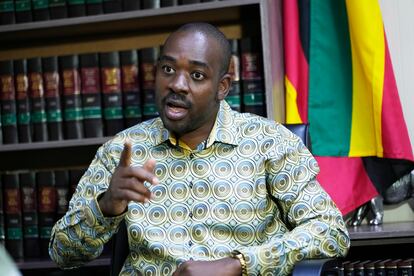

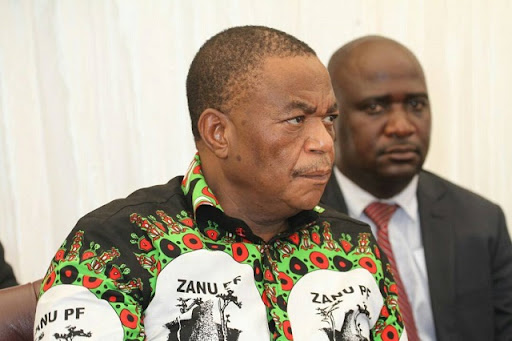
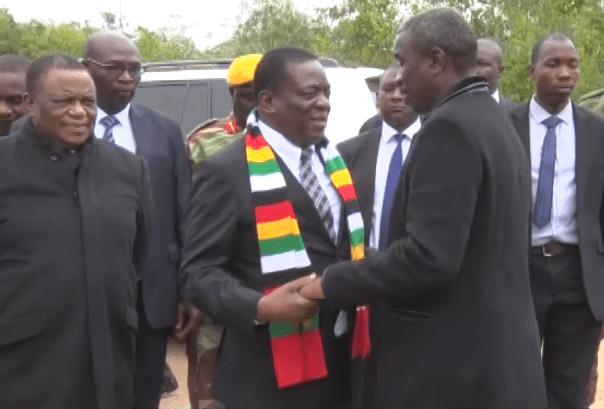
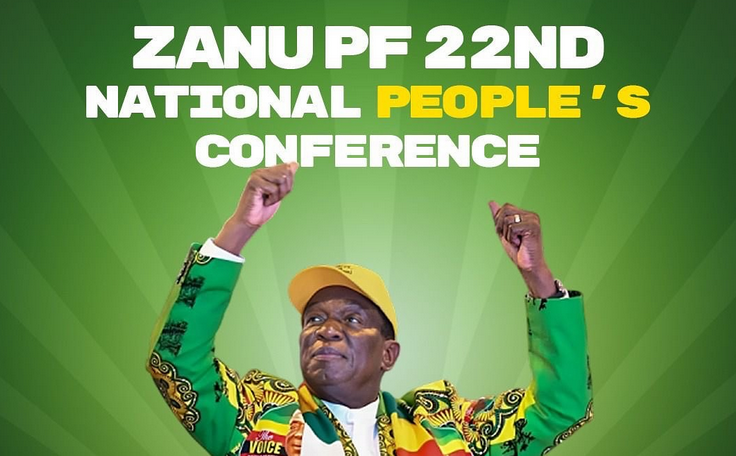
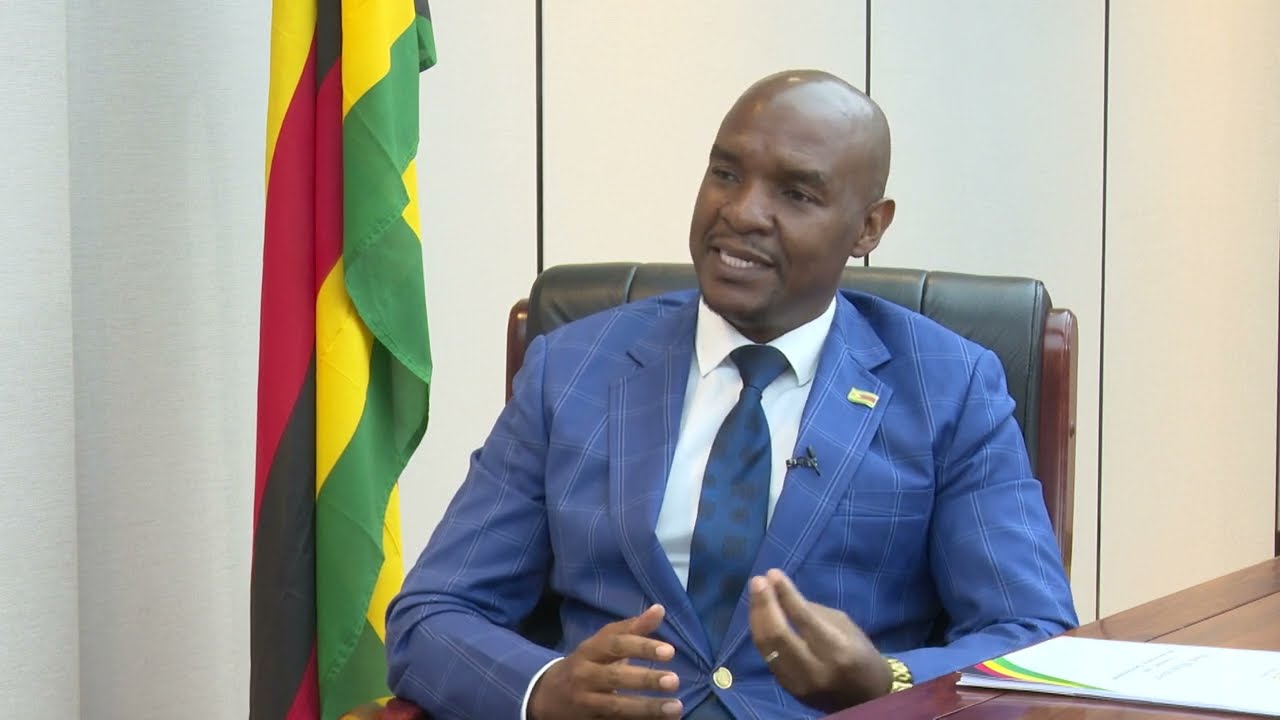
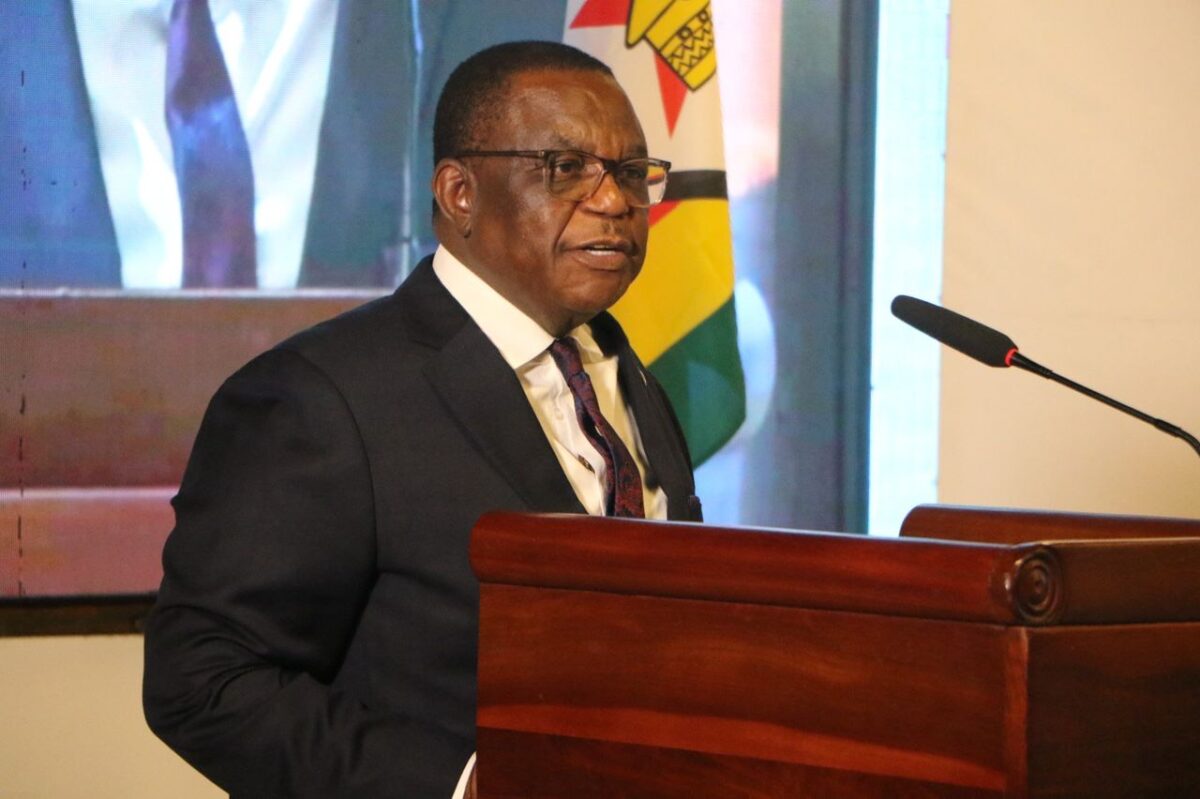
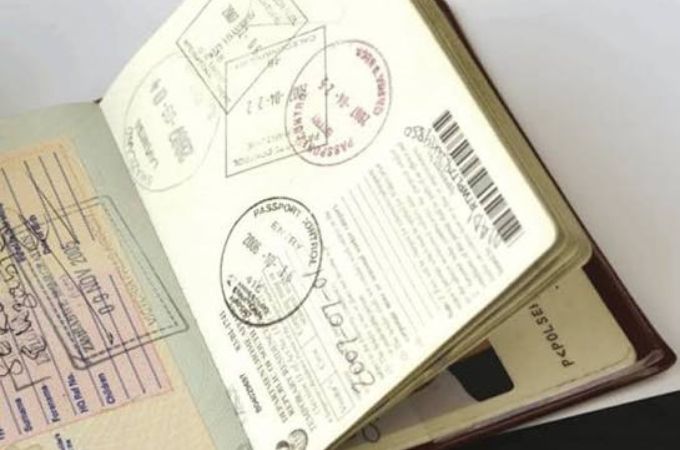
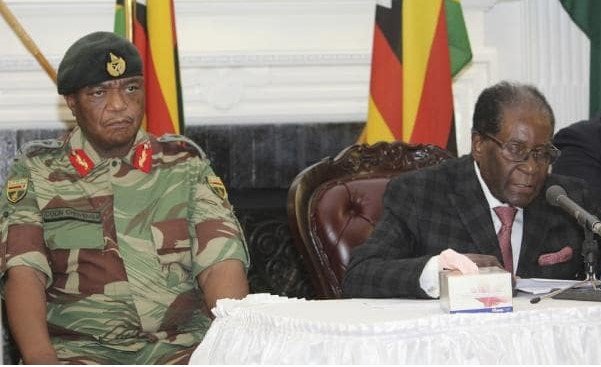
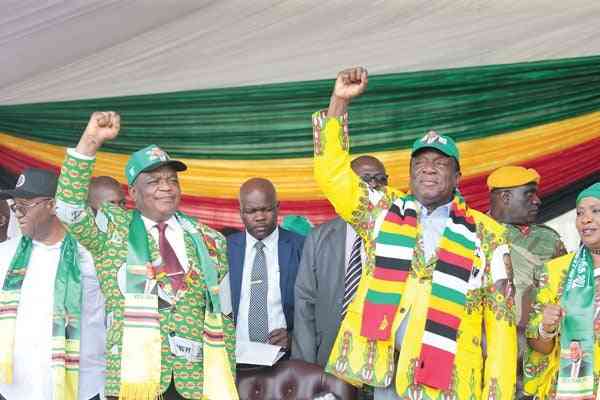

 Young Investment Professional (YIP) Graduate Programme 2019
Young Investment Professional (YIP) Graduate Programme 2019
Editor's Pick